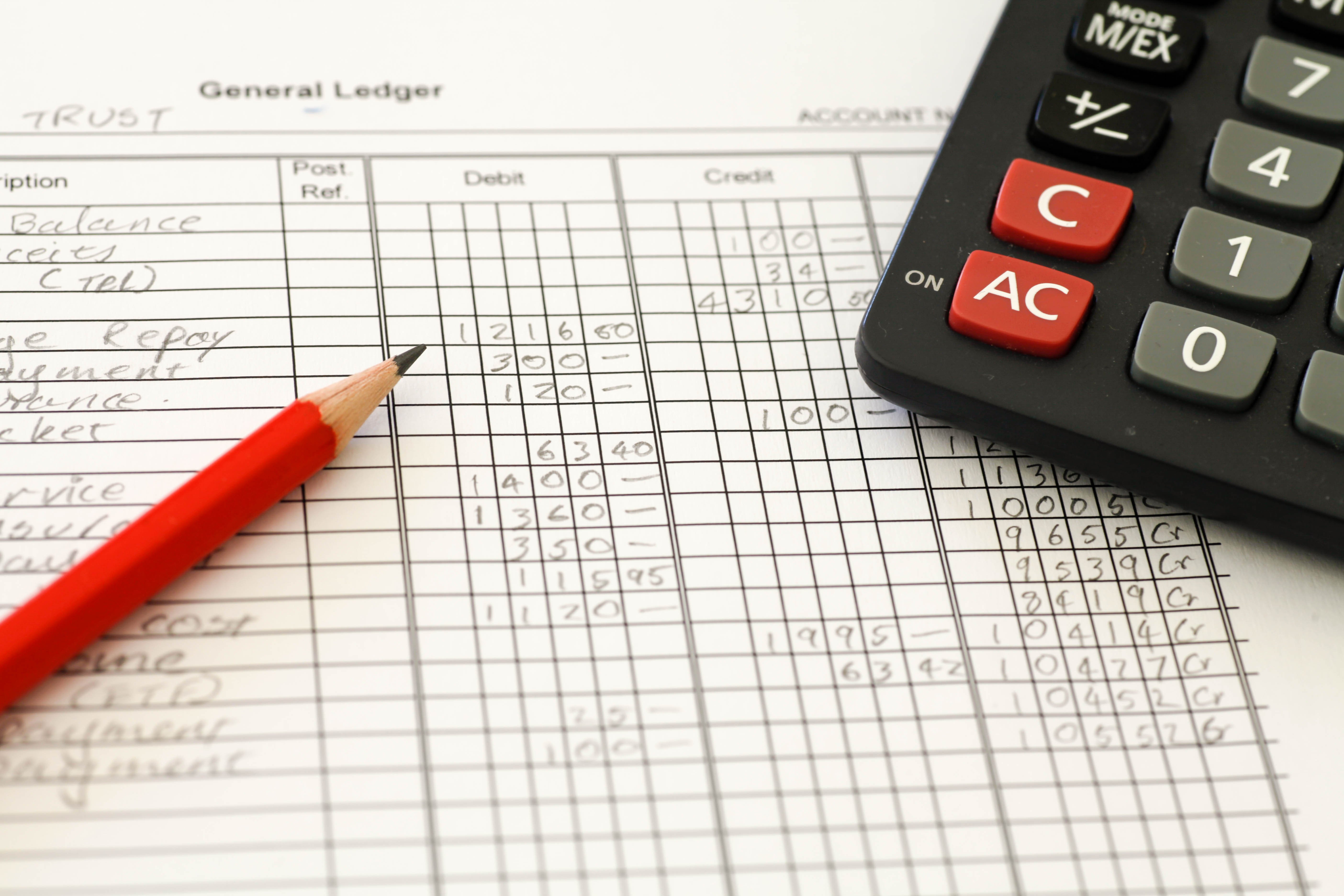The Importance of Relationships between Clients and Vendors: The Benefits to Accounts Payable
Good relationships between vendors and clients are crucial when it comes to Accounts Payable (AP) because they directly affect financial operations,...

What is Accounts Payable? What does Accounts Payable do? These are important questions for business owners to consider and understand. Accounts Payable is a department that handles vendor bills, ensuring that payments have been made in a timely manner and are recorded correctly, and keeps track of what is owed. Accounts payable may seem like a department that just pays your bills, but in addition to making sure your business bills are paid, the accounts payable department also reviews your bank transactions, builds vendor relationships and so much more. Though the list of department responsibilities is lengthy, here are the top four most important functions and the significance of each.
Though the AP department may seem small, they are mighty. They handle the diligence and tracking upfront to make things smoother down the line.
This article was written by Gabriella Hall. Gabriella is an Accounts Payable Senior with Baldwin CPAs. For more information on the support Baldwin CPAs can provide you, contact gabriella.hall@baldwincpas.com.


Good relationships between vendors and clients are crucial when it comes to Accounts Payable (AP) because they directly affect financial operations,...

What does CFO stand for and what does a CFO do? These are common questions among business owners, and understanding them on a deeper level may be...

What’s the point in even having a general ledger? Why is it so important? A general ledger (GL) is the main accounting record/report for a company or...